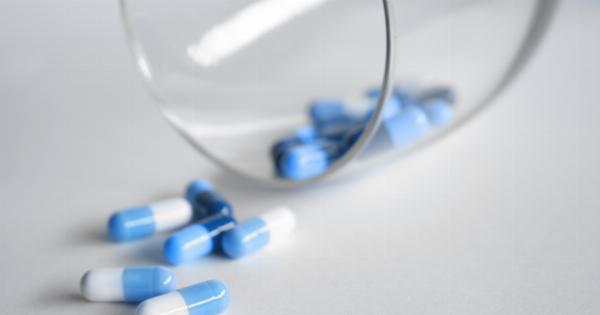Alcohol addiction is a pervasive problem affecting millions of individuals worldwide. It is a chronic and progressive condition that can have severe consequences for physical and mental health, relationships, and overall well-being.
The long-term abuse of alcohol can lead to a range of health issues, including liver damage, heart disease, and increased risk of cancer.
Conventional Treatment Approaches
Traditionally, the treatment of alcohol addiction has revolved around psychotherapy, support groups, and medication. While these methods have proven effective for many individuals, there are still significant challenges and limitations.
Some people may find it difficult to adhere to therapy or experience relapses despite their best efforts.
A Revolutionary Laser Method for Addiction Treatment
A breakthrough in addiction treatment has emerged in recent years – the use of laser therapy to combat alcohol addiction.
This revolutionary method shows promise in providing an alternative approach that targets the root causes of addiction and helps individuals overcome their dependence on alcohol.
The Mechanism of Action
The laser method for alcohol addiction treatment involves the application of low-level laser therapy (LLLT) to specific points on the body.
LLLT utilizes red or infrared laser light to stimulate these points, promoting the release of endorphins and other neurochemicals that help regulate mood and reduce cravings.
Benefits of Laser Therapy for Alcohol Addiction
1. Non-Invasive: Unlike other treatment options, laser therapy is non-invasive, meaning it does not require any surgical procedures or incisions. This makes it a safer and less daunting choice for individuals seeking help for their addiction.
2. Pain-Free: During the laser therapy sessions, patients do not experience any pain. The procedure is painless and generally well-tolerated, allowing individuals to feel more comfortable and relaxed throughout their treatment.
3. No Medication: Laser therapy does not involve the use of medication, making it an appealing option for those who prefer to avoid pharmaceutical interventions or individuals who have had adverse reactions to certain medications in the past.
4. Reduced Cravings: Laser therapy helps to diminish the intensity of alcohol cravings, making it easier for individuals to resist the temptation to drink.
By stimulating specific points associated with addiction, laser therapy aims to rebalance brain chemistry and reduce dependence on alcohol.
The Effectiveness of Laser Therapy
Studies and anecdotal evidence suggest that laser therapy can be an effective tool in addressing alcohol addiction.
A randomized controlled trial published in the journal Addiction in 2015 demonstrated that laser therapy reduced alcohol consumption and cravings among individuals with alcohol dependence.
The study indicated that laser therapy had a positive impact on participants’ overall well-being and quality of life.
Additionally, numerous success stories from individuals who have undergone laser therapy for alcohol addiction reinforce its potential as an effective treatment modality.
Many report significant reductions in their alcohol intake, improved mood, and a better ability to cope with stress.
Potential Challenges and Considerations
While laser therapy shows promise for alcohol addiction treatment, it is essential to consider potential challenges and limitations:.
1. Suitability: Laser therapy may not be suitable for everyone.
A comprehensive evaluation by a healthcare professional is necessary to determine if laser therapy is an appropriate treatment option based on an individual’s specific circumstances and needs.
2. Comprehensive Approach: Laser therapy should be considered as part of a comprehensive treatment plan that includes psychotherapy, counseling, and support groups. It is not a standalone solution but complements other evidence-based interventions.
3. Cost: The cost of laser therapy can vary depending on the provider, location, and number of sessions required. It is essential to consider the financial implications and explore insurance coverage or alternative funding options.
Conclusion
Laser therapy is emerging as a revolutionary method to combat alcohol addiction. Its non-invasive nature, effectiveness in reducing cravings, and potential benefits make it an appealing alternative to traditional treatment approaches.
While further research is needed to fully understand its mechanism of action and long-term outcomes, laser therapy holds immense promise in helping individuals break free from the cycle of alcohol dependence and achieve lasting recovery.


























